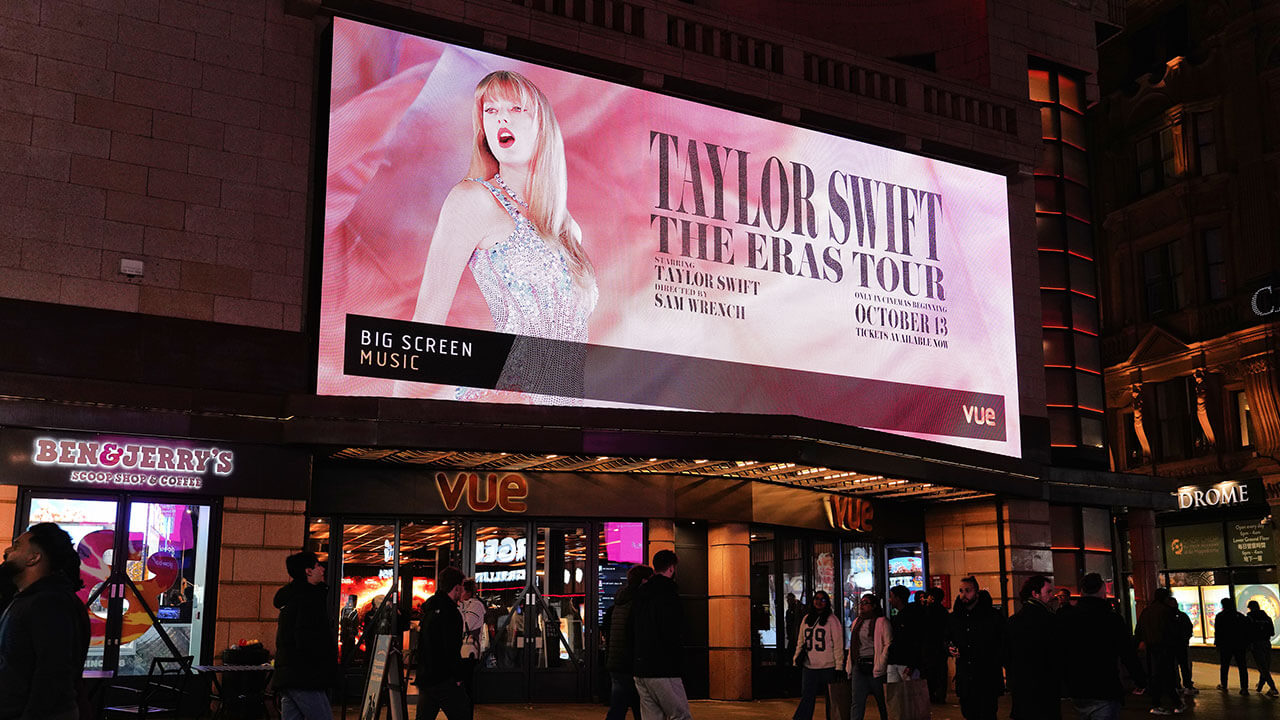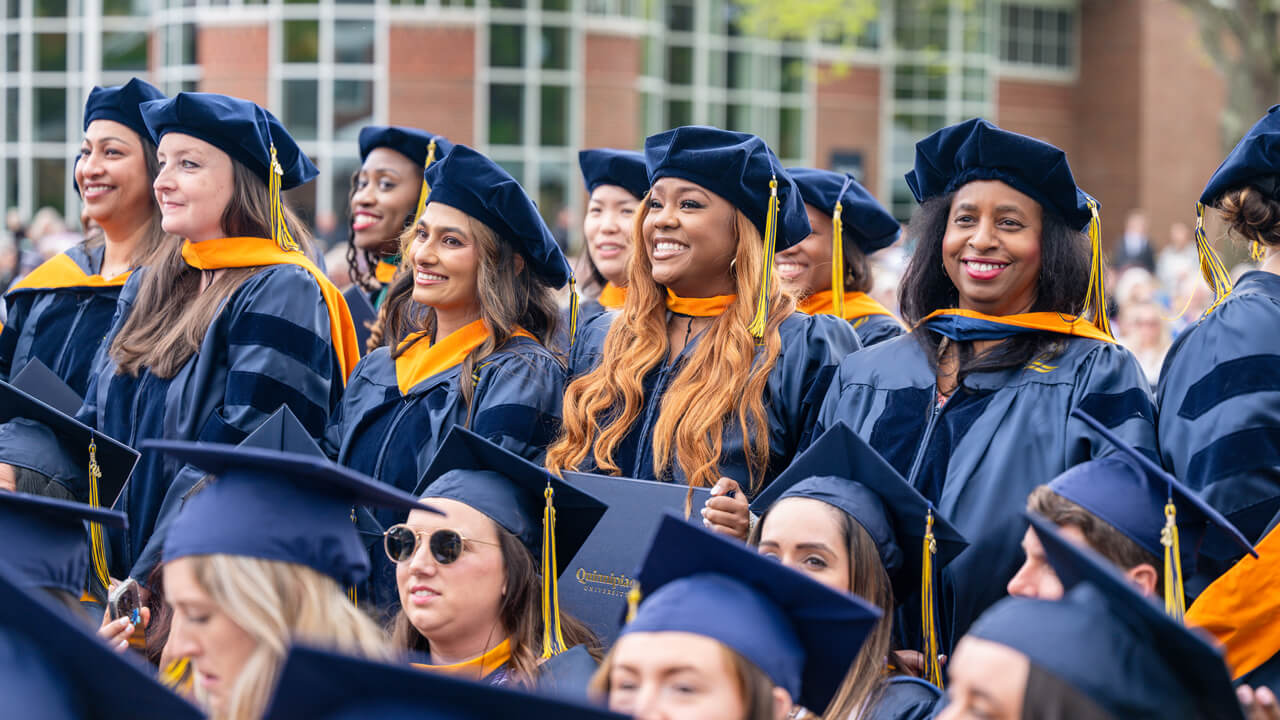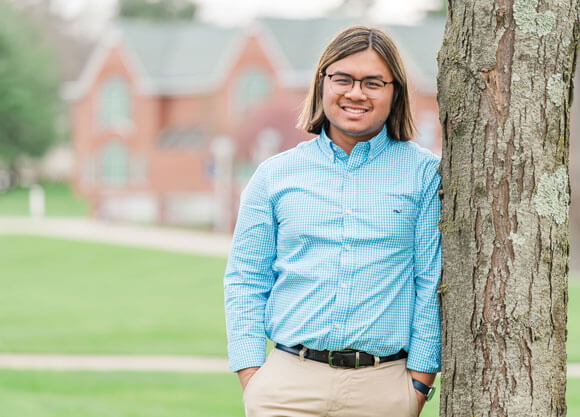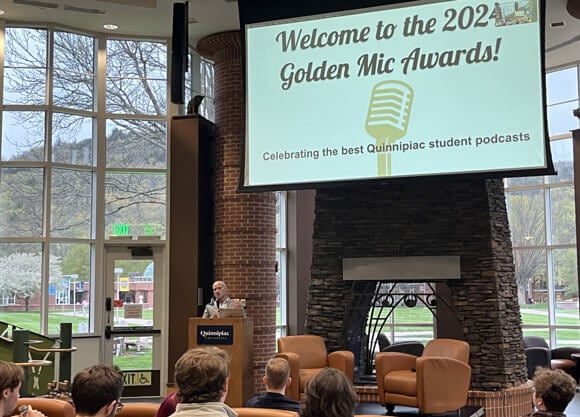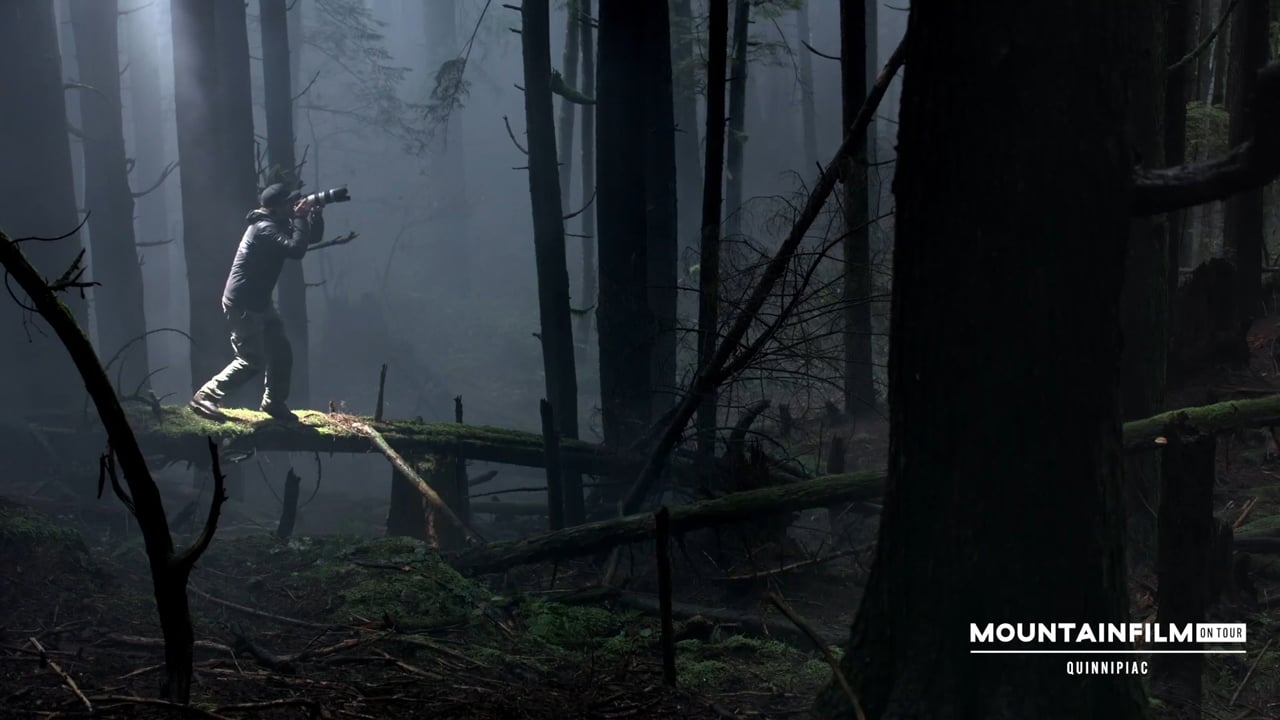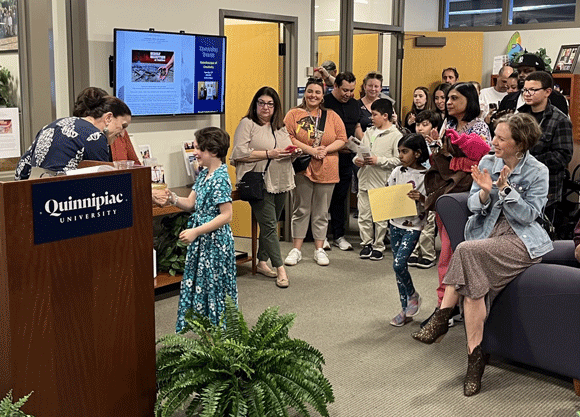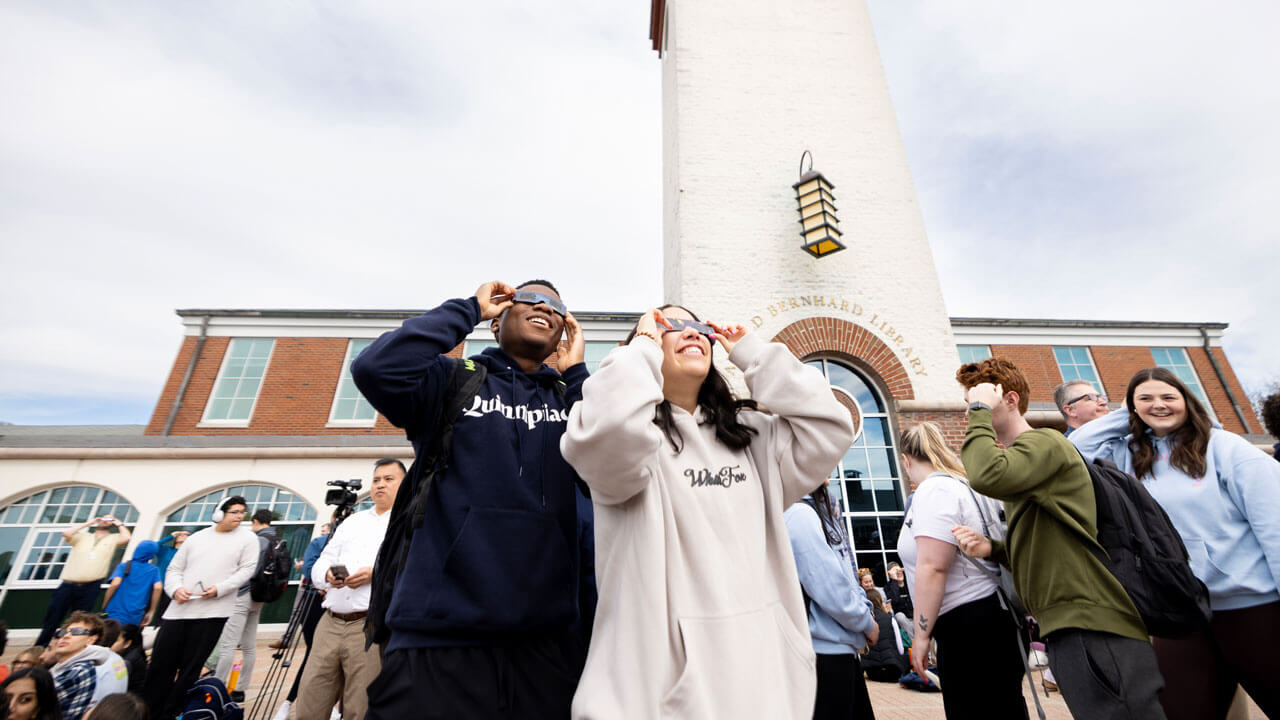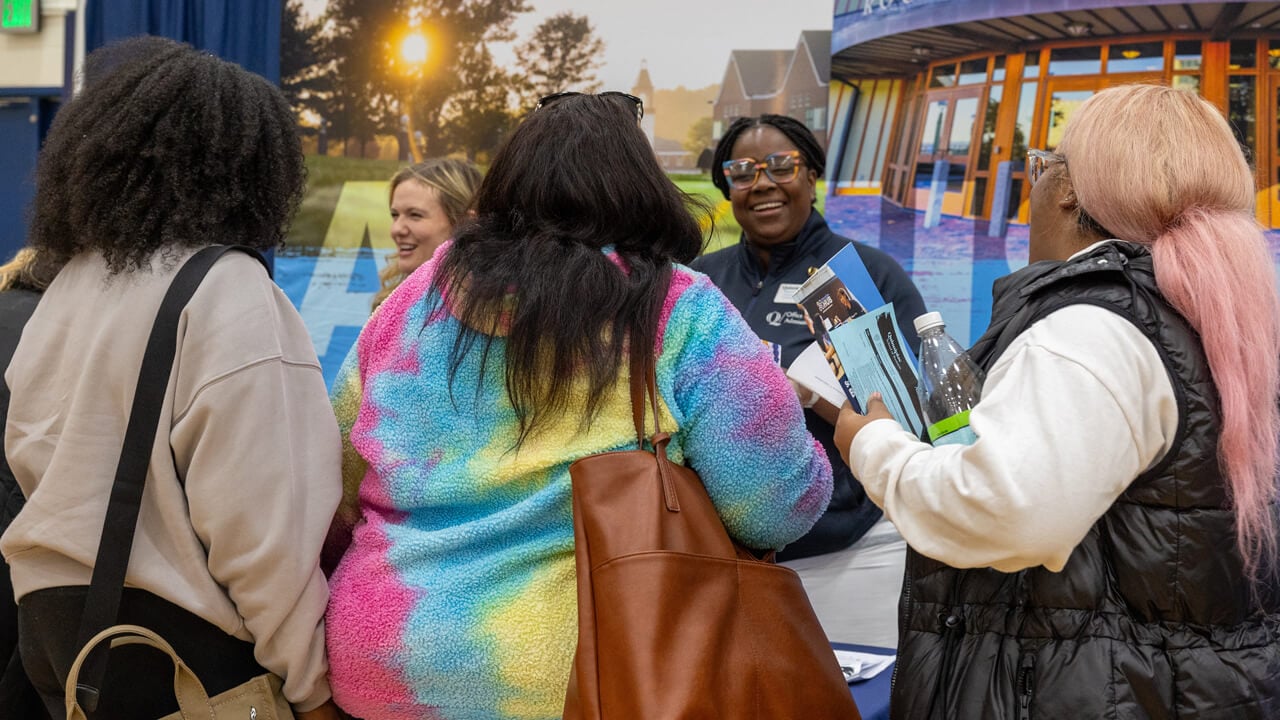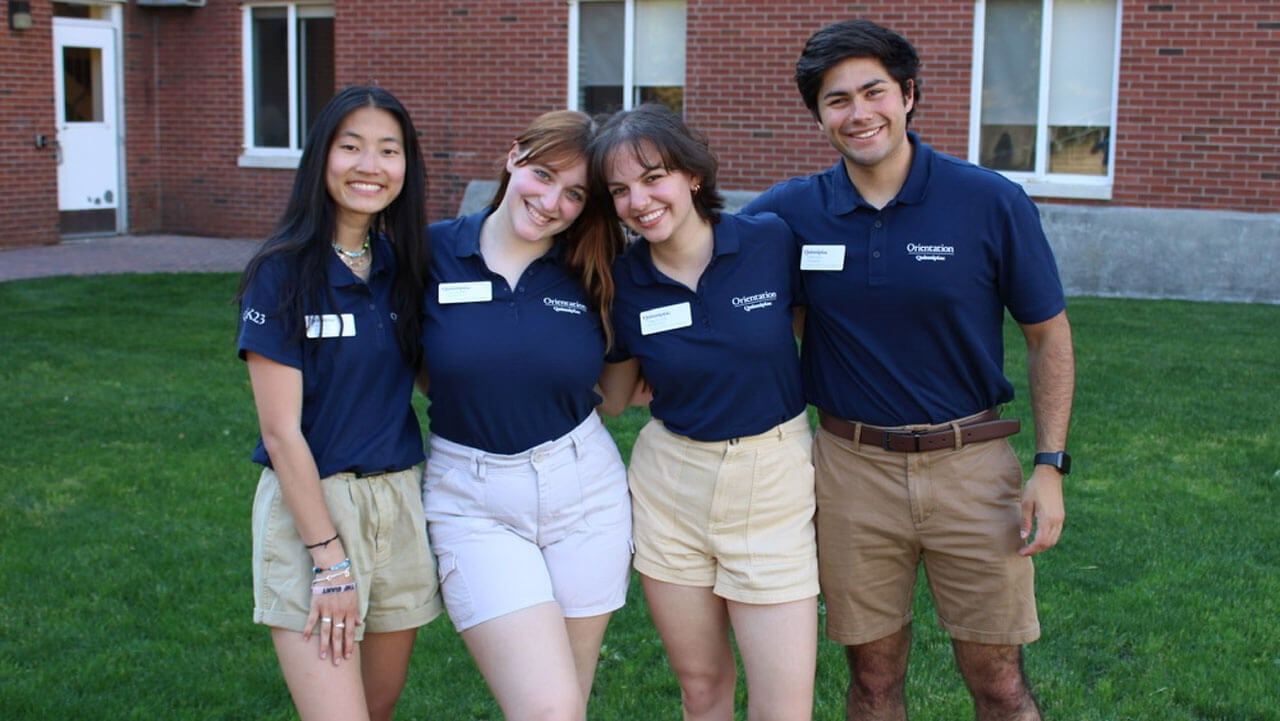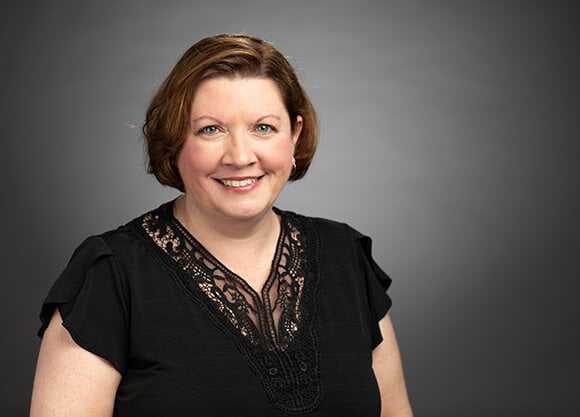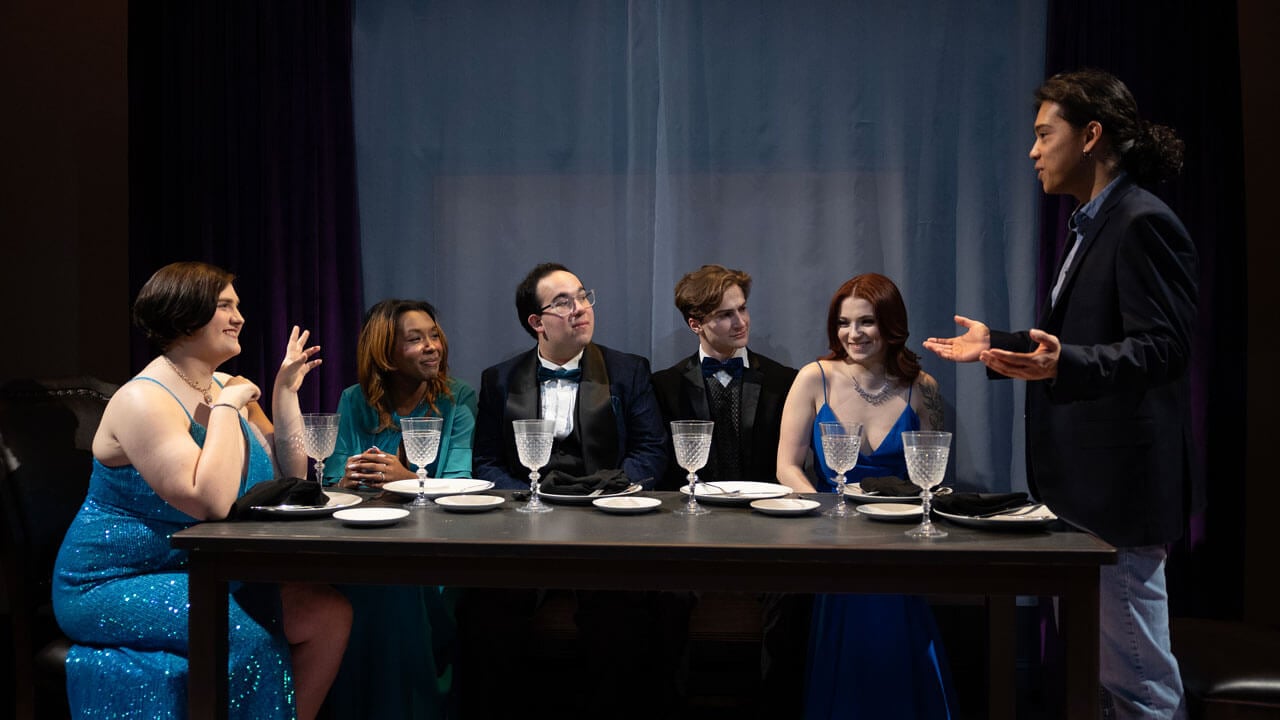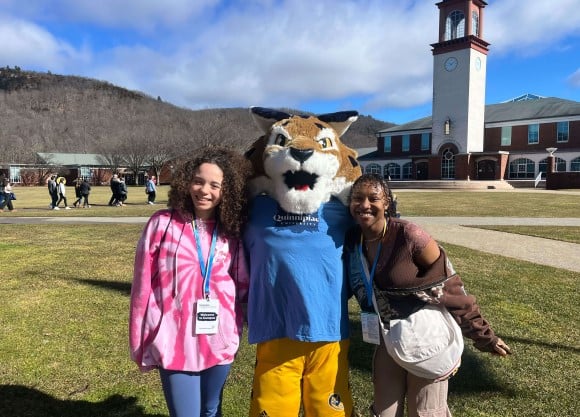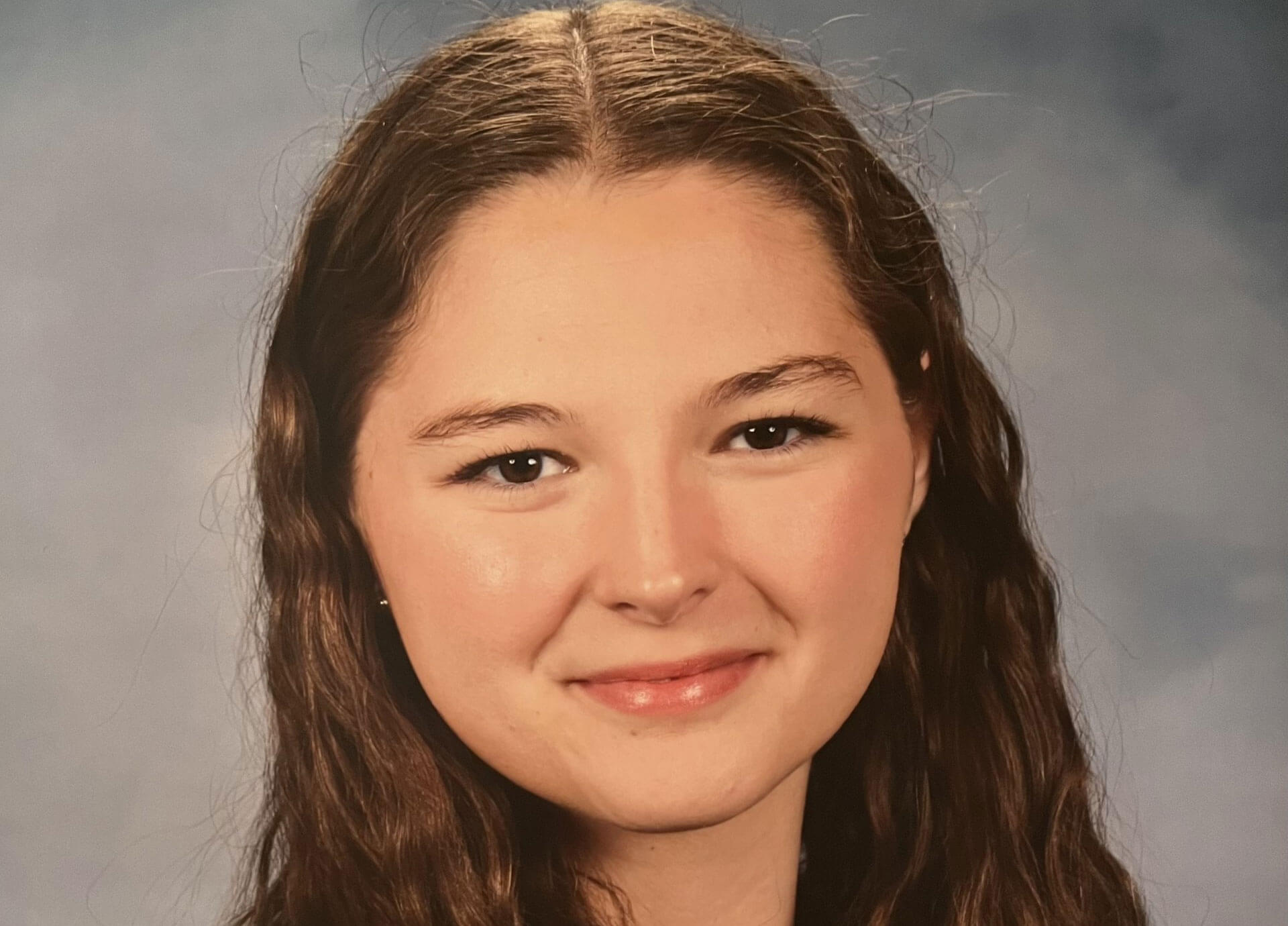
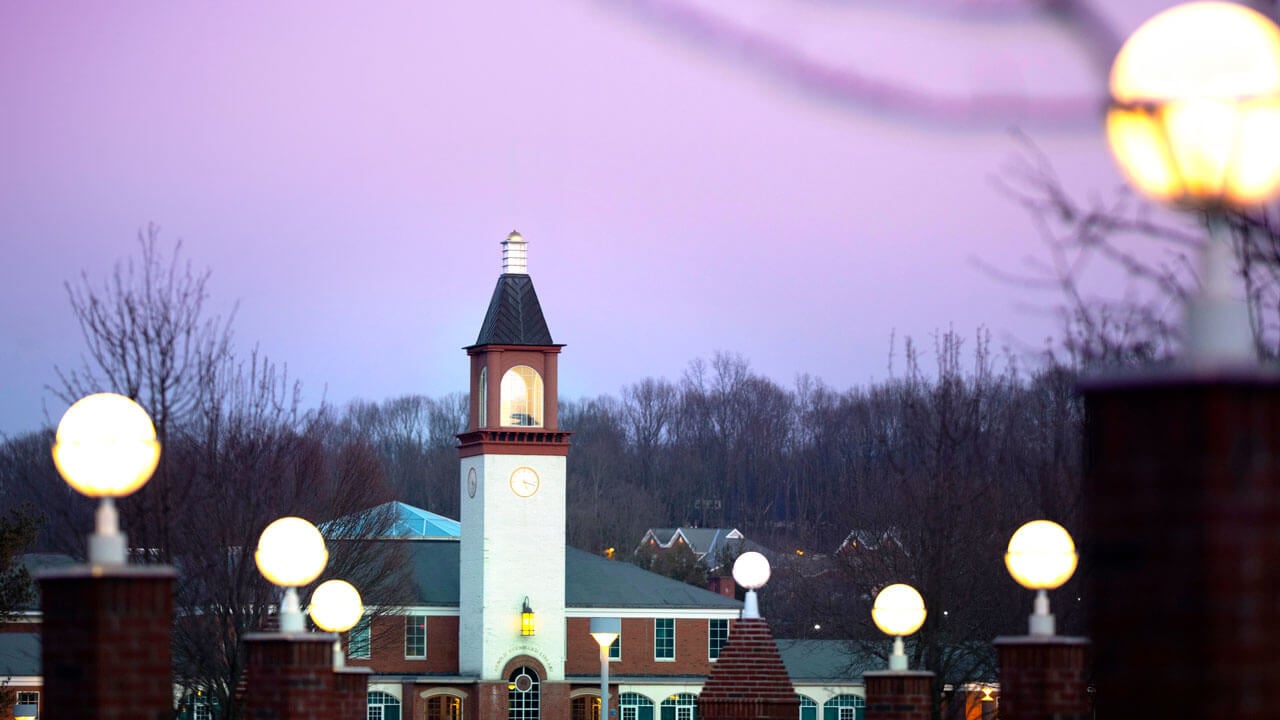
Quinnipiac Film, Television and Media Arts Professor Ashley Brandon, a horror film fan, teaches a class focused on the genre.
When describing the appeal of horror movies to young audiences, Brandon compares the rush of adrenaline one feels at amusement parks. Using neuroscience studies, Brandon credits the “feel-good” feeling viewers get from bursts of adrenaline, cortisol and dopamine.
“The appeal of horror to young audiences stems from the same appeal that makes young people line up at amusement parks to ride roller coasters – the dopamine,” said Brandon. “Pair that with the safety of a screen, we get an even bigger release of that feel-good emotion knowing that in all actuality, we experience something very scary but are perfectly safe."
Brandon said that horror films play a positive role in shaping many aspects of life and society.
“Horror has the ability to comment more profoundly on the human condition and humanity as a whole than any other film genre,” said Brandon. “Horror confronts society through metaphor and reflection.”
When examining popular horror movies, Brandon highlights the existence of shared human experiences. For example, she cites George Romero’s “Night of the Living Dead,” which tackled themes such as racism, marital law, capitalism and the Vietnam War.
Films such as “The Babadook,” “Bride of Frankenstein,” “It” and “Dracula” have become icons to many in the LGBTQ+ community due to representing aspects of sexuality or subverting traditional gender roles.
Aside from thematic relevance, Brandon also describes the use of horror films by health professionals as a means for individuals to overcome anxiety and PTSD. In addition, studies show that age-friendly horror movies can be incredibly beneficial in stimulating developmental skills regarding problem-solving and conflict in children.
Although Brandon highlights the positive effects, she does not ignore the common arguments against horror films.
“Not all horror movies are created equal,” says Brandon. “Some films want nothing more to traumatize you, so it is especially important to keep that in mind with certain works in the genre.”
Taking into consideration the climate of our society, critics often latch onto the idea that horror movies desensitize young viewers to violence.
“I think monitoring your consumption and checking in with oneself is important, just like any media,” she said. “I also think it is important for a parent to monitor what younger horror lovers are watching and see if the content is appropriate.”
She said that villains and monsters are used to represent parts of our own identities in ways other tools cannot.
“Horror can show us fictional characters who are ‘bad’ but are also relatable in their identity and experience,” she said. “These characters represent who we are deep down."
In this Article
Read This Next


Emmy winner urges arts, sciences and communications graduates to seize every opportunity with ‘purpose, passion and perseverance’
Read the full story Emmy winner urges arts, sciences and communications graduates to seize every opportunity with ‘purpose, passion and perseverance’Stay in the Loop
Quinnipiac Today is your source for what's happening throughout #BobcatNation. Sign up for our weekly email newsletter to be among the first to know about news, events and members of our Bobcat family who are making a positive difference in our world.
Sign Up Now





